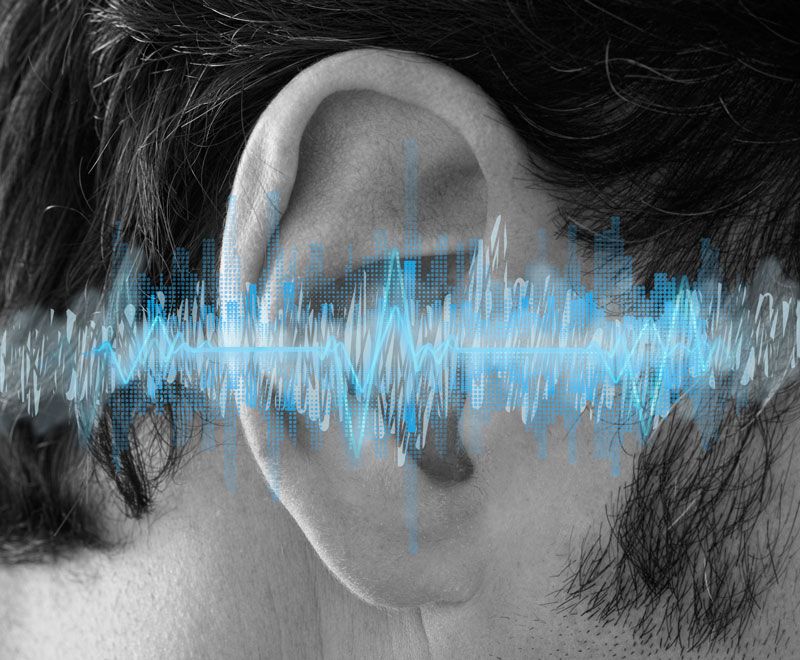There is no universal cure for tinnitus, but treatments can help make it less of a distraction. Because tinnitus is a side effect of an underlying condition, identifying the problem may lead to a medical or surgical solution. The cure rates for pulsatile tinnitus are relatively high once your specialist identifies the problem.
Unfortunately, in many cases, doctors cannot find the exact cause of tinnitus. However, you can often manage symptoms successfully through several different strategies.
Acoustic Therapy

Acoustic therapy is the use of sound with the intent to alter the tinnitus perception and reactions for clinical benefit. Often, sounds are used to cover up, or mask, tinnitus. Electronic devices that produce white noise, air conditioners, fans and soft music can all be employed.
You can employ a range of sound therapy options, including audio files, sleep noise generators, tinnitus-specific earbuds and more. These acoustic therapy methods help to habituate a tinnitus sufferer to their symptoms by reducing the contrast between the tonal sounds they hear and their environment. This allows the brain to blend and mask tinnitus sounds with natural and therapy added environmental noises.
Tinnitus Retraining Therapy
This is another approach to acoustic therapy; tinnitus retraining therapy utilizes a portable sound generator that produces soft patterned tones to help desensitize the brain to the sounds of tinnitus.
One of the latest iterations of tinnitus retraining therapy is called acoustic neuromodulation. Using a combination of computer software, self-reporting and ongoing hearing tests, a specialist can create a custom tone profile designed to treat your specific tinnitus tones. The profile can be adjusted as needed over time.
Hearing aids
A standard treatment option utilizes hearing aids, as nearly 90% of those with tinnitus also experience hearing loss. Hearing aids are used to amplify background sounds, which can mask tinnitus. These devices can also help you distinguish one sound from another, improving communication and helping with focus and concentration difficulties. Many hearing aids come packaged with noise generators to replace ambient sounds if amplification alone does not reduce tinnitus.
Counseling
Counseling and cognitive behavioral therapy (CBT) can be practical in helping you manage your tinnitus symptoms by reducing the stress, anxiety and sleeplessness that are often associated with tinnitus.
Behavioral therapy can be effective and provide a range of coping skills to help you manage tinnitus symptoms and the associated stress and depression that often accompany the condition.
Call Cape ENT & Cape Hearing Center at (302) 703-4025 for more information or to schedule an appointment.